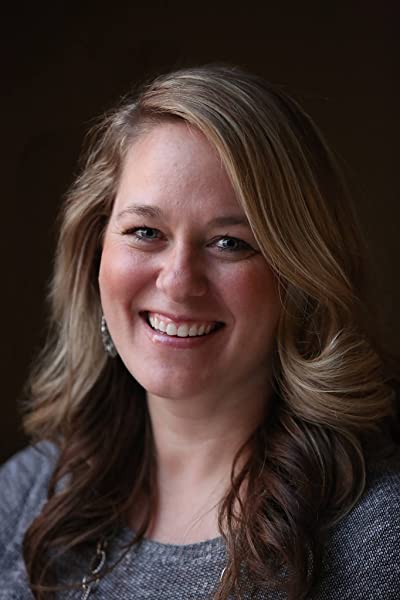Sacred Story, Sacred Space

Sacred story sacred space. This is a phrase friends and family need to remember when parents of children with a special needs or disabilities share their stories. Guest blogger Kimberly Drew explains why it’s important to give a parent’s sacred story sacred space.
Every parent of every child with special needs has as sacred story. Just like not one child with a disability is like another, so no one parent’s story is like another. They are varying degrees of joy and pain, of strength and failure, tragedy and celebration. When a parent of a child invites you into their story, it’s important to tread carefully. This is sacred space to them. I have found over the years that this has become increasingly difficult to do because people aren’t really sure how to give my sacred story sacred space.
18 years ago when I was 22, I struggled to deliver our firstborn. When I got induced that morning, I knew it would be a memorable and life changing experience. I had no idea what that was actually going to look like. All these years later, I find myself texting my childhood friends and asking for prayer as I sort through the emotions of not only one of the most traumatic experiences of my life, but also of an altered future. Of a child who became a woman before my very eyes and yet will never be able to leave my care. It’s not always a beautiful story, and it requires a sacred space in which to be told.
I’m sure that I’m not the only parent who has had a frustrating conversation with friends and family when talking about the specific challenges that come with raising our children. When we need a moment to vent or cry, having people try to talk us out of that emotion is invalidating. It also doesn’t help us heal and move on. I try very hard not to complain about what my day to day life looks like. However, there are times when I need to sort it out, to be free to be frustrated, or to grieve over something that happened 18 years ago.
When I’m willing to share that, and the response is “But she’s so happy….she’s healthy….at least she isn’t…” it just shuts me down. In the same vein, I have heard many parents of children with high-functioning autism express frustration because people say to them, “It doesn’t look like there’s anything wrong with him/her,” or “At least he’s high-functioning.” Trust me, autism in any degree is life-altering and those are not words they need to hear.
One of the greatest conversations I ever had with a friend didn’t end with advice or even a long response. She simply said, “I’m so sorry you went through that, and I want to thank you for sharing it with me.”
Friends and family, I encourage you to tread lightly when someone shares feelings of sadness or frustration with you. Yes, be a voice of encouragement! But be careful to not invalidate the experience or feelings that were shared. Give their sacred story sacred space. Listen thoughtfully, thank your loved one for sharing with you, remind them they are doing a great job, or offer to pray over them. There are so many ways to encourage without trying to talk your loved one out of feeling what they feel.
Do you like what you see at DifferentDream.com? You can receive more great content by subscribing to the monthly Different Dream newsletter and signing up for the daily RSS feed delivered to your email inbox. You can sign up for both at the bottom of this page.

By Kimberly Drew
Kimberly and her college sweetheart Ryan have four amazing kids on earth (Abigail, Jayden, Cooper, and Ellie), and a baby boy waiting for them in heaven. Their daughters have special needs and are the inspiration behind Kimberly’s desire to write. Kimberly enjoys working with senior high girls in their church’s youth program, scrapbooking, reading, and music.
2 Comments
Submit a Comment
Related Posts
The Lessons I Learned while Raising a Child with EA/TEF
Jolene Philo reflects on a lifetime of lessons learned while raising a child with EA/TEF and shares the insights she’s won.
Looking Back at Your Child’s EA/TEF Journey
Looking back at your child’s EA/TEF journey can give parents a new perspective about past events. Guest blogger Maggi Gale shares how her look back clearly showed her how God was with their family during their daughter’s very unusual first weeks of life in 2002. Three...
When God Redeemed My Worst Christmas Ever and Used It for Good
Jolene Philo relates the tale of when God redeemed her worst Christmas ever and used it for good—42 years later.






Those feelings are most definitely okay. We have them because we love the child we have and miss the child we expected. Jolene
Thank you for sharing these beautiful, and vulnerable, thoughts. I, too, have a child with special needs who will require long term assistance. And, so, my husband and I DO grieve what “could have been” and even “what is”. And, I am beginning to understand and accept that those feelings are ok, and part of the unfolding journey.